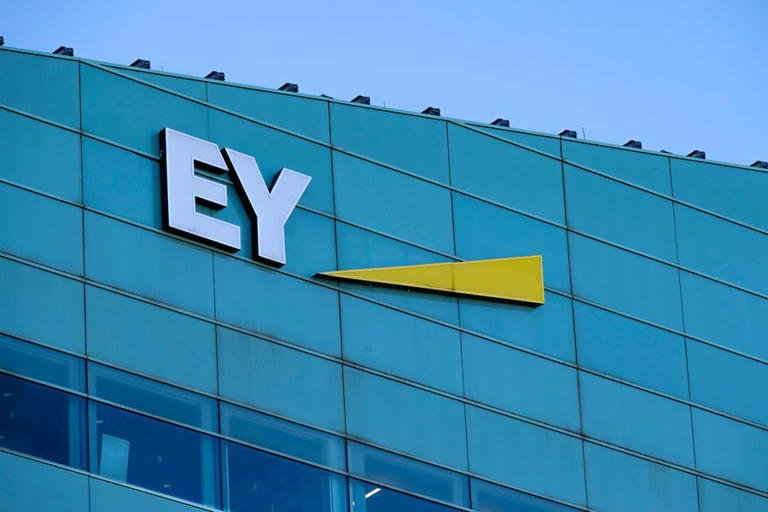The Public Company Accounting Oversight Board (PCAOB) released its annual inspection reports on Wednesday, revealing that several major U.S. accounting firms had increased deficiencies in their audits of public companies’ 2021 financial statements compared to the previous year.
The Big Four accounting firms in the U.S.—Deloitte, Ernst & Young (EY), KPMG, and PricewaterhouseCoopers (PwC)—were inspected by the PCAOB, with a total of 215 audits evaluated, slightly down from 220 the year before. Deloitte, EY, and PwC showed an average deficiency rate of around 24%, significantly higher than the roughly 13% reported in the previous year.
Deficiencies in audits indicate that the audit firms failed to obtain sufficient evidence to support their opinions on the financial statements of the companies audited. The PCAOB inspects selected portions of U.S. public company audits to assess compliance and the quality of firms’ work.
While EY, Deloitte, and PwC disclosed their deficiency rates in their U.S. audit-quality reports, KPMG’s rate was redacted from the PCAOB’s inspection report without explanation as of late Wednesday.
EY’s deficiency rate surged to 46%, up from 21% in the previous year, based on the 54 audits reviewed by the PCAOB. The deficiencies were mainly related to control testing over revenue, business combinations, and inventory. EY acknowledged the high deficiency rate as “unacceptable” and not reflective of its standards in its December audit-quality report.
Deloitte and PwC’s U.S. units saw their deficiency rates increase to 17% and 9%, respectively, in 2021, based on 53 and 54 audits, up from 13% and 4% in the previous year.
PCAOB Chair Erica Williams described these deficiency rates as “unacceptably high,” referencing inspection reports for the Big Four and 10 other firms. The PCAOB anticipated deficiencies in 40% of public-company audits for 2021, up from 34% in 2020 and 29% in 2019, according to statements made in July.
However, preliminary inspection results for 2022 audits indicate a “modest improvement” in audit quality at some U.S. divisions of global accounting firms, Williams noted on Wednesday. She emphasized that it would take time for quality-control improvements to become effective and for firms to ensure they lead to better engagement performance.
The accounting firms have expressed their commitment to enhancing audit quality. PwC’s U.S. unit continues to invest in its audit approach, personnel, and technology, according to a spokeswoman. In September, it announced plans to cease providing certain consulting services to audit clients to avoid potential conflicts of interest.
KPMG remains dedicated to continuously improving its audit approach, as stated by a U.S. spokesman. EY’s U.S. unit initiated a thorough review of its audit practice following its 2021 deficiency rate, according to a spokesman. He highlighted transformative actions taken to enhance audit quality, improve inspection results, and strengthen the foundation for consistent execution across the practice.
